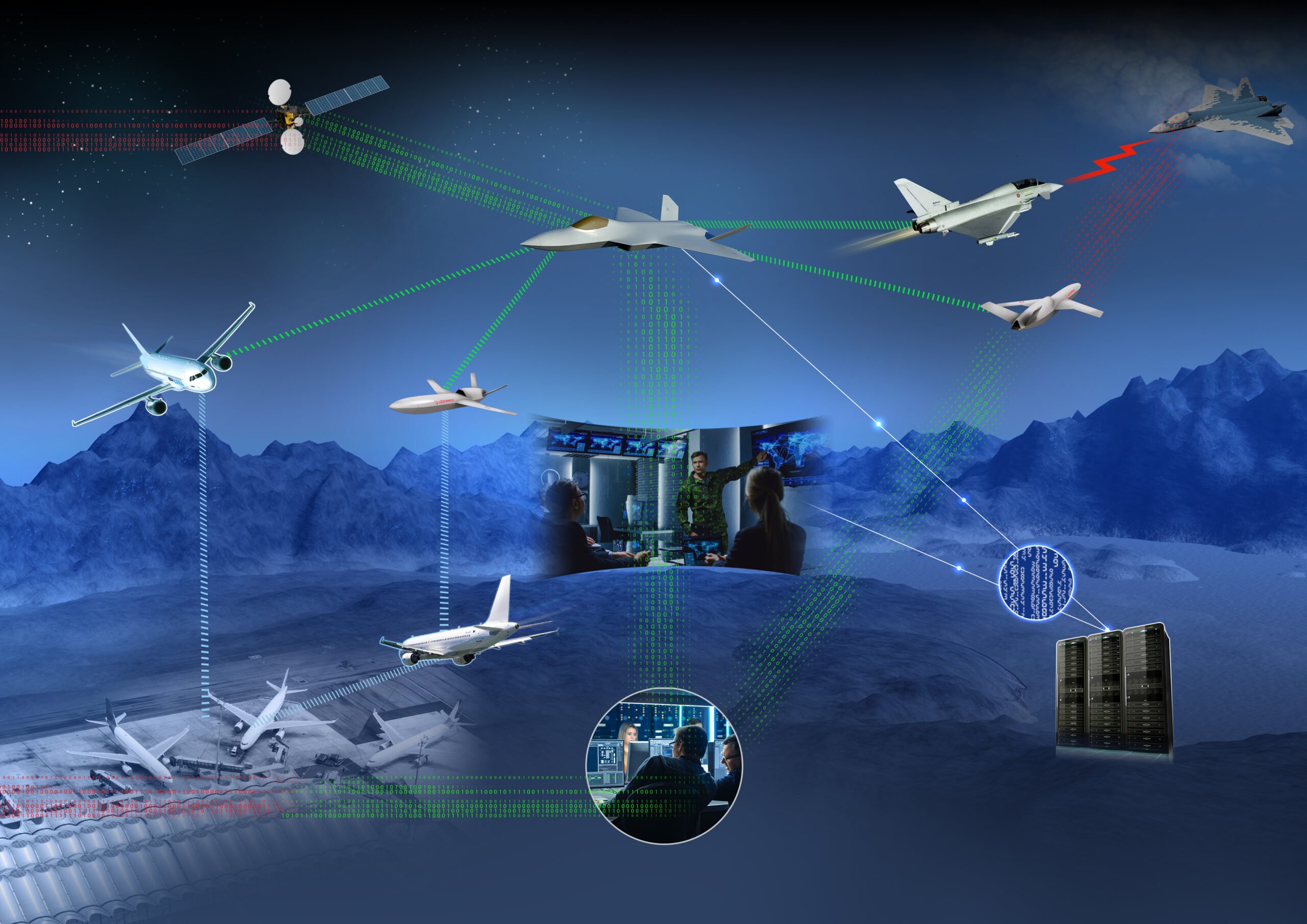 The defence electronics industry companies representing Japan, the UK and Italy have formed a consortium to embark on the design and development phase of the integrated sensing and communications component of the GCAP, the Global Combat Air Programme.
The defence electronics industry companies representing Japan, the UK and Italy have formed a consortium to embark on the design and development phase of the integrated sensing and communications component of the GCAP, the Global Combat Air Programme.
The companies: Mitsubishi Electric representing Japan, Leonardo UK representing the UK and both Leonardo and ELT Group representing Italy, originally announced the signing of a collaboration agreement at DSEI Japan in March 2023 and, following extensive trilateral work, signed a consortium agreement this August. The forming of a consortium formalises that collaboration as a commercial construct, representing substantial progress at an industrial level and reinforcing the partners’ long-term commitment to GCAP.
The consortium, named GCAP Electronics Evolution (G2E), is standing up in readiness to accept a contract from Edgewing, the business joint venture between BAE Systems (UK), Leonardo (Italy) and Japan Aircraft Industrial Enhancement Co. Ltd. (Japan), representing the lead systems integrators for the GCAP combat aircraft.
The four companies will work together to deliver the next generation combat aircraft’s advanced sensing and communication system, known as Integrated Sensing and Non-Kinetic Effects & Integrated Communications Systems (ISANKE & ICS), as well as the system’s decades-long Through-Life Support Service (TLSS).
ISANKE & ICS is at the heart of the GCAP endeavour. The integration and exploitation of the vast amount of information that will be available in the future operational environment will be one of the key differences that will set the GCAP core platform apart from previous generations of combat aircraft.
The consortium is being designed to deliver in line with the ambitious timescales set by GCAP while ensuring accountability at every level and supporting each country’s freedom of action and freedom of modification.
The consortium leadership team will be based in Reading, UK, close to the GCAP International Government Organisation (GIGO), representing the three national ministries of defence, and Edgewing to ensure the closest possible collaboration with these organisations.















I don’t feel that Australia defence can improve too much till our military lower their standards for enrolment AS IF WAR started tomorrow Every young person would be called up to defend their country NO MATTER YET right now 75% of applicants are being rejected due to a reason like Not good at maths. Lower your standards Australia and as long as they are wanting to sign up, let them, there are many jobs that Anyone can do.
My understanding is that plenty of people are applying but get discouraged during the process and withdraw, which might be a reflection on the culture within Defence.